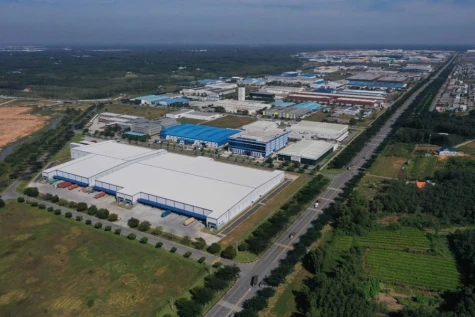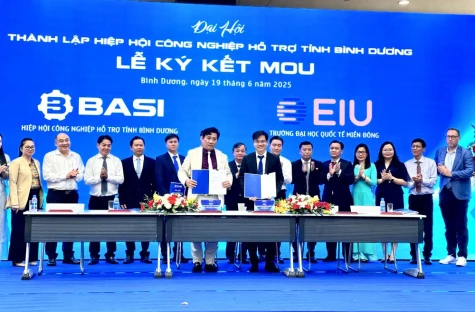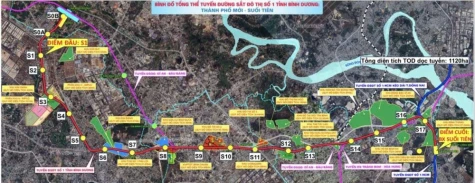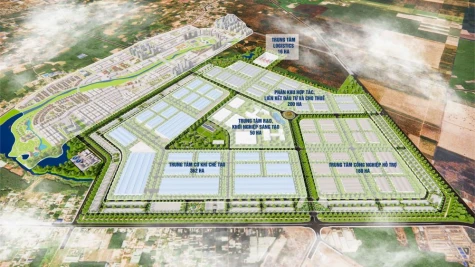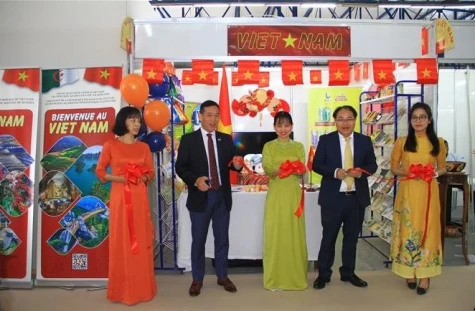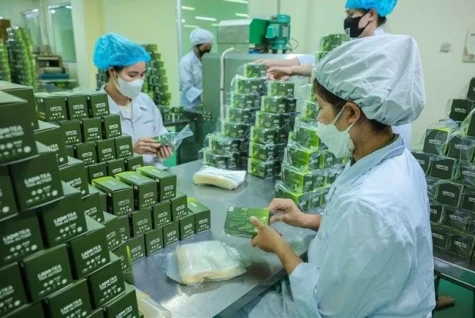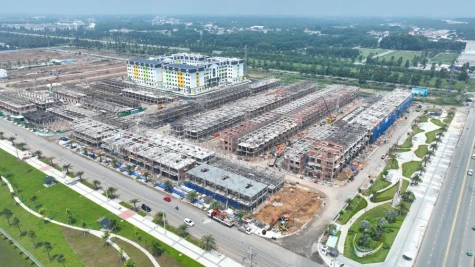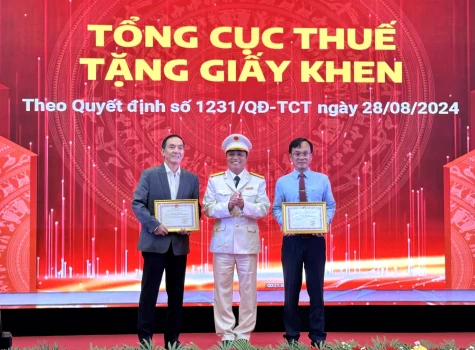New generation free trade agreements (FTAs) bring significant potential, helping Vietnam join a network connected to the world's leading economic markets. However, in order to leverage and utilize the opportunities that these new generation FTAs offer while avoiding existing risks, it is essential to grasp much stricter regulations compared to traditional trade agreements in the past, particularly the issues concerning intellectual property rights.
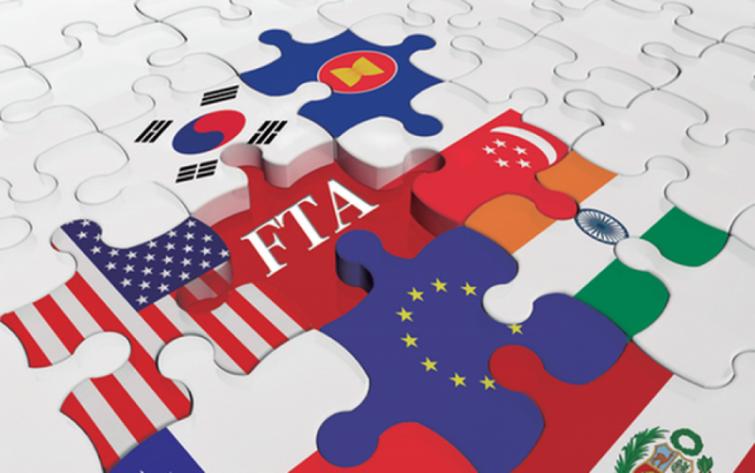
Collected image
Currently, in the context of Vietnam actively integrating into the global economy through FTAs such as the Comprehensive and Progressive Agreement for Trans-Pacific Partnership (CPTPP), the EU–Vietnam Free Trade Agreement (EVFTA), the Free Trade Agreement between Vietnam and the United Kingdom and Northern Ireland (UKVFTA), the Regional Comprehensive Economic Partnership (RCEP)…, these agreements have opened up significant opportunities as well as challenges for businesses to access international markets. Particularly, in order to make the most of these FTAs, the protection and management of intellectual property rights (IPRs) have become essential factors and conditions in the overall context.
The IPR law was first introduced into the multilateral trade system in the TRIPS Agreement. However, today’s new generation FTAs such as CPTPP, EVFTA and UKVFTA have elevated the protection of intellectual property rights, nearly surpassing the traditional standards of TRIPS. As a result, through these FTAs, the import-export market has expanded, especially for products with high intellectual property value such as pharmaceuticals, agricultural products and cultural goods. This has unintentionally become a key to helping Vietnamese enterprises exploit and penetrate new markets, enhancing their competitiveness in the current development context.
From the perspective of exclusivity from IPRs in new generation FTAs, it not only helps businesses optimize profits from licensing fees, but also creates additional income from licensing the use of intellectual property assets. This is particularly important as economic agreements become increasingly extensive, requiring businesses to have comprehensive strategies to protect and commercialize their intellectual products.
Therefore, to maximize the potential from these agreements, Vietnamese enterprises need to build effective brand protection strategies while proactively registering protection for all valuable intellectual property assets, thereby maintaining sustainable competitive advantages and minimizing the risks of IPR infringement, especially since the ability to protect intellectual property is a demonstration to the stability and potential development of the enterprise itself.
Moreover, existing difficulties in protecting and managing IPRs are still ongoing and truly need to be addressed. The most noticeable issue is that businesses have to face international competitors with extensive experience in exploiting and protecting IPRs. Therefore, businesses need to enhance awareness and invest heavily in research and development (R&D) while also building comprehensive IPR strategies that meet the stringent requirements of FTAs.
When understanding and complying with international standards, businesses can not only protect their intellectual property, but also optimize their development potential in a highly competitive global business environment. Furthermore, many enterprises have not yet truly prioritized their intellectual property. This leads to obstacles in innovation and reduces the ability to exploit the commercial value of creators.
For instance, each year in Vietnam, there are significant losses, due to IPR infringement activities such as the sale of counterfeit goods, copyright violations, severely affecting the revenue of creators.
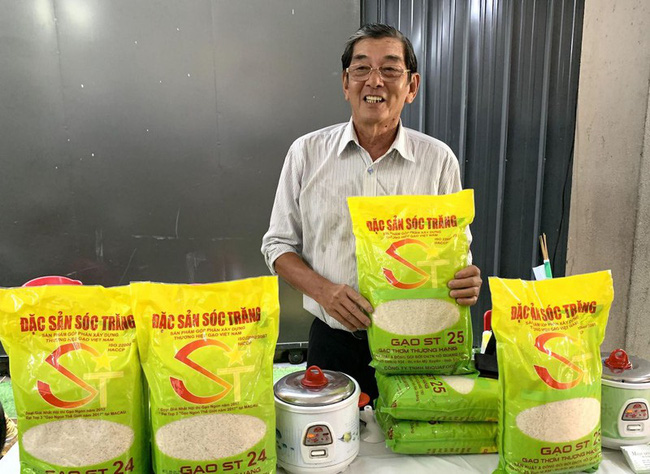
Collected image
A clear example is the Trung Nguyen coffee brand in the United States which was registered for protection by Rice Field at the World Intellectual Property Organization (WIPO). After two years of negotiations, this company finally regained its brand while Rice Field agreed to act as its distributor in the U.S.
Trung Nguyen spent hundreds of thousands of USD on the settlement deal. After this setback, Trung Nguyen registered its trademark in 60 countries and learned an important lesson, highlighting the necessity of trademark registration before expanding into international markets.
Similarly, the case of ST25 rice is also a typical example. In 2019, after ST25 rice won the title of "World's Best Rice", several foreign businesses quickly registered the ST25 trademark in the U.S. without authorization from Ho Quang Cua, the "father" of this product. Additionally, the Vinamit brand also faced disputes in China when a former partner registered the exclusive trademark “Duc Thanh” in Chinese. Although Vinamit eventually won the lawsuit, the four-year legal battle consumed a lot of time and resources.
Not only the aforementioned enterprises, many other Vietnamese companies, with such brands as Vinataba, Ben Tre coconut candy, Phu Quoc fish sauce…have also encountered similar situations.
These examples underscore the vital role of proactively protecting intellectual property both domestically and internationally. Businesses need to recognize that the costs of trademark registration are often much lower than the expenses associated with prolonged and complicated lawsuits later on. Protecting IPRs plays a crucial role in helping businesses maintain their competitive advantages, ensuring sustainable development and expanding their scale in the international market.
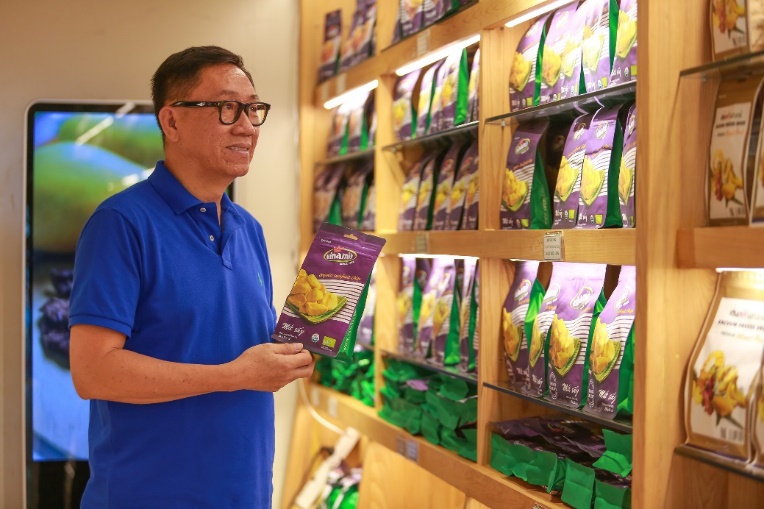
Collected image
Regarding the registration of IPRs, Binh Duong is currently one of the country’s leading localities in protecting and developing intellectual property, making a significant contribution to bringing local products to the international market. The province has launched a program for the development of intellectual property until 2030, with the specific goal of raising awareness and supporting the registration of intellectual property rights for the local organizations and individuals. The program focuses on supporting the registration of copyright protection, industrial property rights and rights for plant varieties while also promoting outcomes on scientific research and innovation. Specifically, the program sets specific goals for the period from 2025 to 2030 to increase the number of applications for patents, trademarks and new plant varieties.
Provincial Department of Science and Technology has collaborated with various departments, agencies, and sectors to build a database and provide intellectual property information services, effectively supporting innovation for businesses, especially the startup ones in the upcoming period.

Collected image
In addition, provincial Department of Industry and Trade has actively supported the promotion of intellectual property management and protection. A notable example is that in 2024, the Binh Duong Center for Trade Promotion and Industrial Development (briefly called the Center) assisted the local businesses in participating in international e-commerce platforms such as HKTDC and Alibaba
This is an important opportunity for businesses to access the global market. In parallel, the center has provided detailed guidance on the process of registering IPRs before businesses launch their products on online platforms, with a special emphasis on assisting businesses whose products have been legally protected, thereby helping ensure their rights & interests and enhance the reputation of Vietnamese products.
At the seminar on “Transforming the Digital Capacity of the Industry and Trade Sector” held on August 28 at VNPT (Binh Duong), with topics, including making data digitization, improving administrative procedures, and integrating information into the Intelligent Operations Center (IOC), along with other aspects of digital transformation, experts shared experience, provided evidence and analyzed the benefits of digital transformation for the protection and management of IPRs, the perspective of digital technology development for the management of assets such as patents and trademarks for better results.
At the same time, the application of advanced technologies such as AI, Blockchain, and Big Data has helped businesses monitor and quickly address intellectual property violations. Furthermore, security technologies like data encryption and digital signatures ensure the safety of intellectual property, helping prevent the risk of theft and misuse of information.
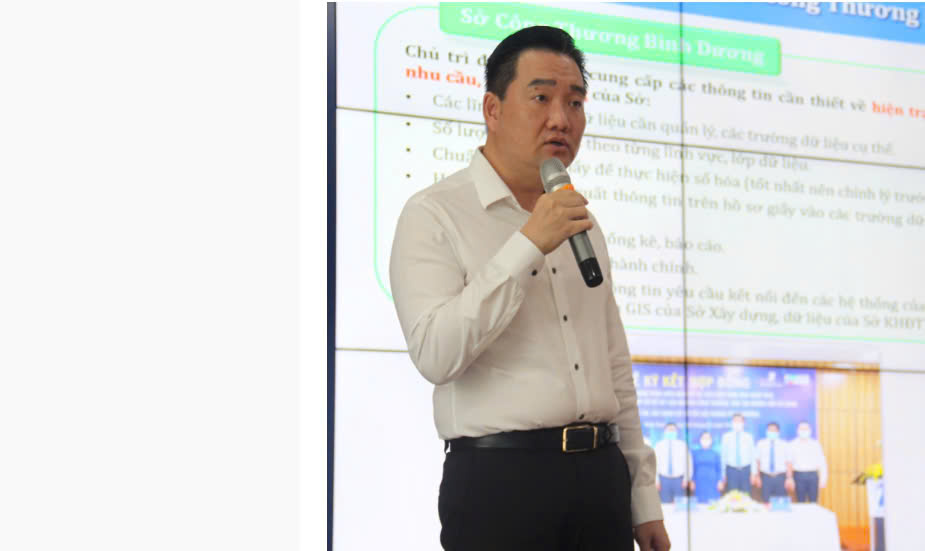
Nguyen Truong Thi, Deputy Director of provincial Department of Industry and Trade shares his experience in building information systems and databases for digital transformation at the seminar
In general, in the context of Vietnam's deep integration into the global economy through new-generation FTAs, the protection and management of IPRs have become a crucial foundation for businesses to achieve sustainable development and maintain a competitive advantage.
The challenges from the international market require businesses to proactively register their IPRs to avoid the risk of appropriation as seen in famous trademark disputes such as Trung Nguyen and ST25 rice. Furthermore, efforts to promote digital transformation will positively contribute to supporting businesses in managing and protecting IPRs more effectively in the upcoming period.
Therefore, businesses need to optimally leverage modern technologies such as AI and Blockchain, as these not only help monitor and effectively address violations, but also create opportunities for the commercialization of intellectual property, enhancing brand value, thereby solidifying their strong position in the international market, with attractive opportunities as well as underlying risks and challenges.
Reported by Anh Hao – Binh Duong provincial Center for Trade Promotion and Industrial Development-Translated by Kim Tin








